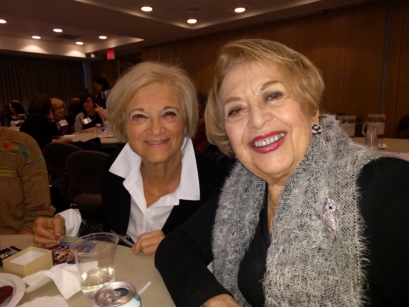When Past is Present, Part 3… or, Never forget, never again, and never fully understand.
Dec 19,2016

“Empathy.” As a social worker, this word is part of my life’s blood. When I talk with people about what the word, “empathy” means, I am clear that it is not the same as “sympathy.” We are not feeling sorry for a person. Empathy expresses a way of feeling with a person. As best as we can, we try to understand what it is like to be in their shoes, their skin, their heart.
When being empathic, we attempt to quiet our mind. We work on turning down the volume of
- fixing something
- judging someone
- letting them know of our own personal experiences (taking the focus off of them)
Exhibiting true empathy takes discipline. Like any exercise, we need to work to keep this muscle flexed. We
- listen
- are fully present
- witness
- show curiosity
- hold space in our heart for the person
- understand
Generally speaking, if a person senses that you are genuinely empathic, it will open the door to a trusting relationship. With this level of trust, sharing will likely deepen.
I recently heard from an adult child of a Holocaust survivor, “we will never understand.” It really hit me; this was tremendous awakening. No matter how much I use every empathic cell in my being, I will never understand. This lesson was a gift. My sense is that when working with Holocaust survivors, I will continue to be as empathic as ever. At the same time, I know, that I will never understand. If appropriate, I will share, “though I am doing my best, I know that I will never understand.” My sense is, that this too, will open doors of a deeper, more trusting relationship.
(Photo is of Toby L. and Rena N. Toby and Rena are incredible women who shared their story of surviving the Holocaust, Resilience and Aging)





